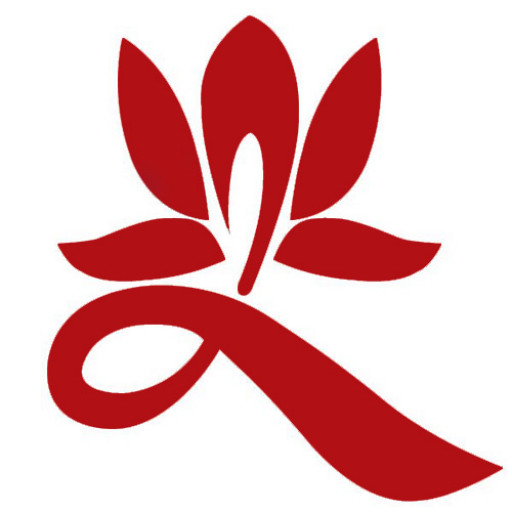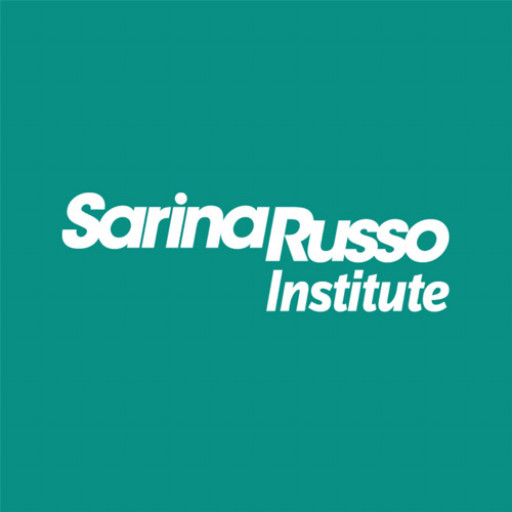Community Services programs at Melbourne Polytechnic are designed to prepare students for meaningful careers dedicated to supporting and enhancing the well-being of individuals and communities. This program provides comprehensive training in social services, counselling, youth work, aged care, disability support, and mental health. Students will develop essential skills in communication, empathy, problem-solving, and ethical practice, equipping them to handle a diverse range of situations within community and social service settings. The curriculum combines theoretical knowledge with practical experience, including placements in real-world environments, ensuring graduates are job-ready and confident to contribute positively to their communities. Throughout their studies, students will learn about current issues impacting communities, such as mental health challenges, family violence, homelessness, and substance abuse, and explore effective intervention strategies. The program emphasizes a client-centered approach, fostering understanding, respect, and cultural sensitivity—key qualities for working with a diverse client base. Melbourne Polytechnic's state-of-the-art facilities and partnerships with community organizations provide students with valuable hands-on experience, linking classroom learning to practical application. Graduates of the Community Services program can pursue diverse career opportunities, including roles as case workers, youth workers, community support workers, aged care assistants, mental health support workers, and disability support officers. The program also offers pathways to further study for those wishing to specialize or advance their careers in social work, counselling, or other related fields. With a focus on social justice and community engagement, Melbourne Polytechnic's Community Services program equips students with the skills, knowledge, and ethical framework to make a positive impact on individuals and society as a whole.
Community Services programs at Melbourne Polytechnic are designed to equip students with the essential skills and knowledge required to support and enhance the well-being of individuals and communities. This comprehensive curriculum focuses on developing a strong understanding of social systems, ethical practices, and effective communication techniques. Students will learn about diverse social issues such as mental health, family violence, youth support, and disability services, enabling them to provide empathetic and respectful assistance to those in need. The program emphasizes practical skills through hands-on experience, including case management, crisis intervention, and community engagement strategies. Through a combination of classroom learning, industry placements, and community projects, students gain real-world insights into the community services sector. They will explore key topics such as child protection, elder care, substance abuse support, and resilience building. The courses are designed to foster critical thinking, cultural competence, and a client-centered approach, ensuring graduates are prepared to work effectively across diverse communities and settings. Melbourne Polytechnic's Community Services program also emphasizes the importance of professionalism and ethical standards, encouraging students to adhere to privacy laws and advocacy principles. Graduates from this program are well-equipped to pursue careers in a variety of roles including case workers, youth workers, disability support officers, mental health workers, and community development officers. They are also encouraged to continue their professional development through further study and certification. Overall, this program aims to empower students to make a positive impact in society by providing compassionate and competent support to individuals and communities facing various social challenges.
Program requirements for the Community Services qualification at Melbourne Polytechnic typically include the completion of all mandatory units outlined in the course curriculum. Prospective students are generally expected to hold a minimum of Year 12 completion or equivalent. Prior experience in community-related fields can be advantageous but is not mandatory. Applicants often need to demonstrate essential skills such as effective communication, teamwork, and empathy, which are vital in community services roles. The program may also involve practical components, requiring students to undertake supervised work placements in community organizations, which are a mandatory part of the training to ensure students gain real-world experience. Additionally, students should possess the ability to work in diverse environments and demonstrate cultural sensitivity and understanding. Some courses might require a clear police background check and immunizations due to the nature of work involving vulnerable populations. Prospective students must meet the English language requirements set by the institution, typically equivalent to an IELTS score of 5.5 or higher. Enrolment may involve an interview process where applicants discuss their motivation and suitability for the program. The training emphasizes the development of skills in areas such as client engagement, advocacy, ethical practice, and problem-solving within community settings. To successfully complete the program, students are usually required to pass both theoretical assessments and practical evaluations, including the successful completion of placement hours. The curriculum is designed to meet the standards of the community services sector, preparing graduates to work confidently in settings such as disability services, aged care, youth work, family support, mental health, and homelessness assistance. It aims to develop a comprehensive understanding of social policies, legislation, and frameworks that underpin community work. Candidates are encouraged to demonstrate ongoing commitment to learning and professional development throughout the duration of the program. Overall, the program is structured to equip students with the skills, knowledge, and practical experience necessary for a rewarding career in community services, and completion signifies readiness to contribute positively to society through various support roles.
The financing studies for the Community Services program at Melbourne Polytechnic typically encompass a range of funding options available to domestic and international students. For domestic students, government funding schemes such as the Victorian Training Guarantee (VTG) often provide subsidized tuition fees, making the program accessible to a broad demographic. Eligible students may also utilize income support payments or apply for Youth Allowance, depending on their circumstances. Additionally, students can access Commonwealth Supported Place (CSP) arrangements, which significantly reduce the financial burden by covering a portion of tuition fees.
For students seeking further financial assistance, Melbourne Polytechnic offers a variety of scholarships and bursaries aimed at supporting students from diverse backgrounds. These financial aids may be based on academic achievement, financial need, or community contribution, and they help alleviate the costs associated with study materials, equipment, and related expenses. International students are generally required to pay full tuition fees, which are detailed on the college’s fee schedule, and may be eligible for student loans or payment plans in some cases.
Apart from government and institutional funding, students often explore private loans or educational financing options available through financial institutions. Payment plans for tuition fees can also be organized through Melbourne Polytechnic's finance department, allowing students to pay in installments over the course duration. It is recommended that prospective students thoroughly review the program’s specific fee structure and inquire with the college’s student administration for tailored financial advice.
Overall, the financing of the Community Services program is designed to support students through a combination of government funding, scholarships, payment plans, and personal financial planning to ensure access and affordability. As policies and funding options can change, students are advised to consult Melbourne Polytechnic’s official website or contact their student finance office directly for the most current and detailed information related to studying costs and available financial assistance.
Community Services programs at Melbourne Polytechnic are designed to prepare students for meaningful careers in helping and supporting individuals and communities. These courses cover a broad range of skills necessary for working in various settings such as aged care, disability support, youth work, community development, and mental health. Emphasizing practical experience alongside theoretical knowledge, Melbourne Polytechnic’s community services programs enable students to develop essential interpersonal, communication, and problem-solving skills that are vital in the sector. The curriculum is tailored to meet industry standards and includes hands-on training through placements and real-world scenarios, ensuring that graduates are workforce-ready upon completion.
The program often includes units on ethics and professional conduct, cultural awareness, and the importance of diversity in community work. Students learn about frameworks and legislative requirements relevant to community services, including confidentiality and client rights, which are crucial for ethical practice. Training also extends to crisis intervention, support planning, and working in multidisciplinary teams to provide holistic care and assistance. Melbourne Polytechnic collaborates with industry partners and community organizations to offer students a wide range of practical placement opportunities, which are instrumental in gaining real-world experience and making professional connections.
Students enrolled in these programs benefit from flexible learning options, including online and on-campus classes, designed to accommodate different learning styles and life commitments. The community services qualification prepares students for various roles such as support worker, community development officer, youth worker, and disability support officer, among others. Graduates are equipped to pursue further studies or immediate employment in government, non-profit organizations, and private sector agencies committed to community well-being. The program values not only academic progression but also the development of a compassionate, ethical, and culturally competent approach to community work. With a focus on social justice, inclusion, and empowerment, Melbourne Polytechnic’s Community Services programs aim to create professionals who can make a positive impact in society.








